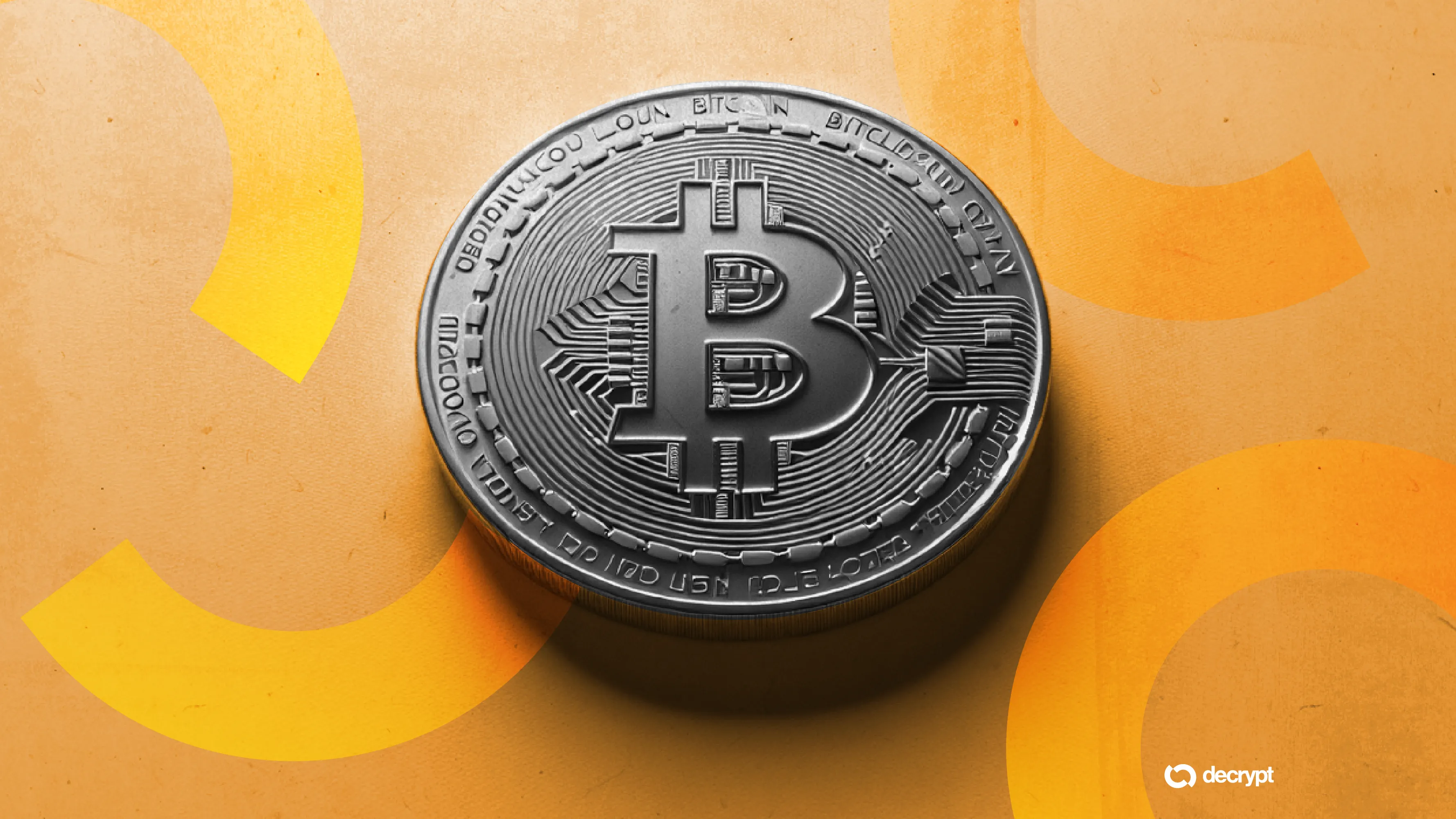In brief
- Bitcoin traded above $106,000 on Monday, its closest level to the January all-time high of $108,786.
- U.S. spot Bitcoin ETFs saw $2.8 billion in net inflows in May, with total assets exceeding $122 billion.
- Inflation concerns have resurfaced after Walmart warned of tariff-related price hikes hitting shelves this summer.
Bitcoin is trading just shy of record levels, rising alongside renewed interest in exchange-traded funds and shifting economic signals that are drawing investor capital back into risk assets.
The crypto climbed above $105,700 on Sunday evening, extending gains made over the past two weeks. The asset is trading just above $106,500, CoinGecko data shows.
While previous rallies were often powered by retail speculation, this one is unfolding amid heavy flows into spot Bitcoin ETFs, stable interest rate expectations, and renewed debate around inflation as tariffs on key imports come back into focus.
“Looking ahead, we believe there is further room for digital assets to rally, especially as Coinbase’s inclusion into the S&P 500 on 19 May draws closer,” Singapore-based QCP Capital wrote in a note last week.
“History tells us that index inclusion tends to act as a short-term catalyst, as passive managers adjust their allocations to track the benchmark more closely,” it added.
U.S. spot Bitcoin ETFs pulled in more than $2.8 billion in net inflows over the first half of May, according to data from SoSoValue.
The largest single-day gain came on May 2, when flows reached $674.9 million. Cumulative inflows stood at $41.77 billion as of May 16, with total net assets surpassing $122 billion.
The macro backdrop has also contributed to the rally.
The Federal Reserve has kept its benchmark interest rate unchanged at 4.25% to 4.50%, maintaining a cautious stance amid mixed economic signals.
Last week, Chair Jerome Powell said the central bank remains prepared to respond to evolving data, but offered no indication of an imminent shift in policy.
That’s partly because inflation remains a concern, particularly as new trade policies begin to ripple through supply chains—a dynamic that could reinforce Bitcoin’s appeal as an inflation hedge if price pressures persist.
A temporary 90-day tariff reduction deal between the U.S. and China has offered some relief, but elevated duties remain on sectors including electric vehicles, semiconductors, and consumer electronics.
Walmart, the nation’s largest retailer, said last week it plans to raise prices this month and into early summer as tariff-affected merchandise begins reaching its shelves.
“The magnitude and speed at which these prices are coming to us is somewhat unprecedented in history,” Walmart Chief Financial Officer John David Rainey told the Wall Street Journal.
The company did not issue a profit forecast for the current quarter, citing uncertainty over how much of the cost it may absorb to stay competitive.
Walmart adds to broader concerns that trade-related price increases could complicate the inflation outlook, prompting investors to reassess how sustained price pressures may shape monetary policy and risk sentiment across asset classes, including crypto.

